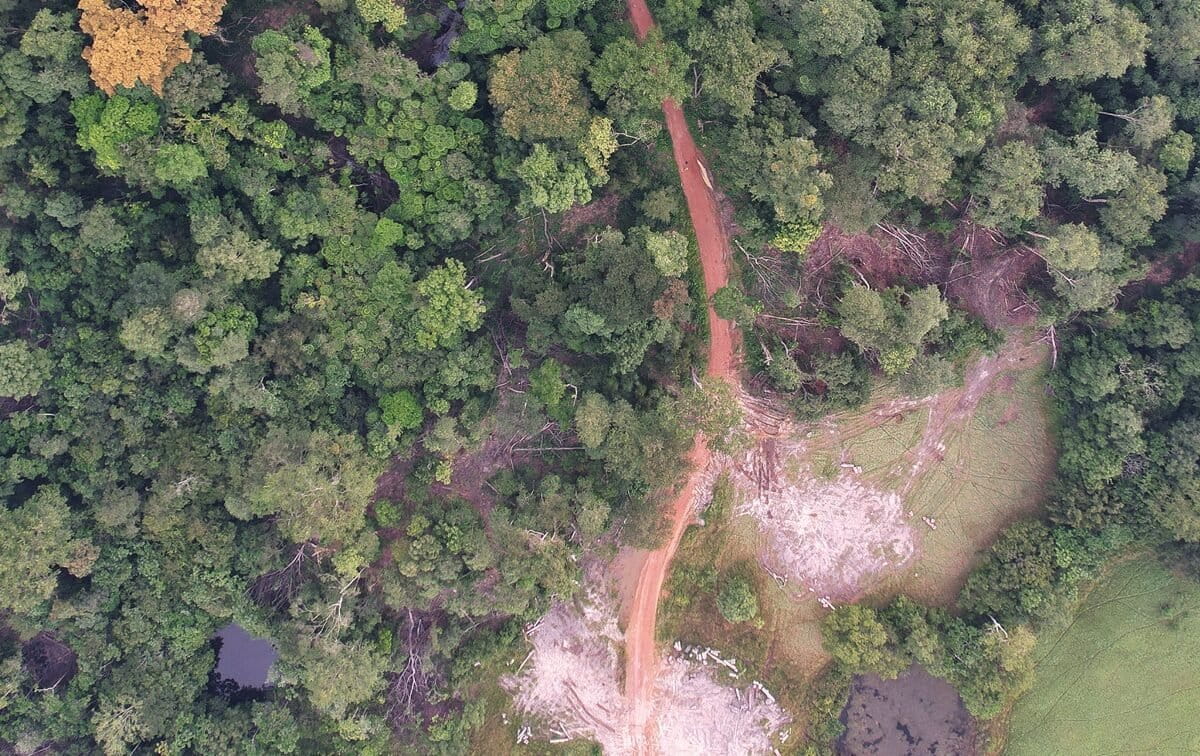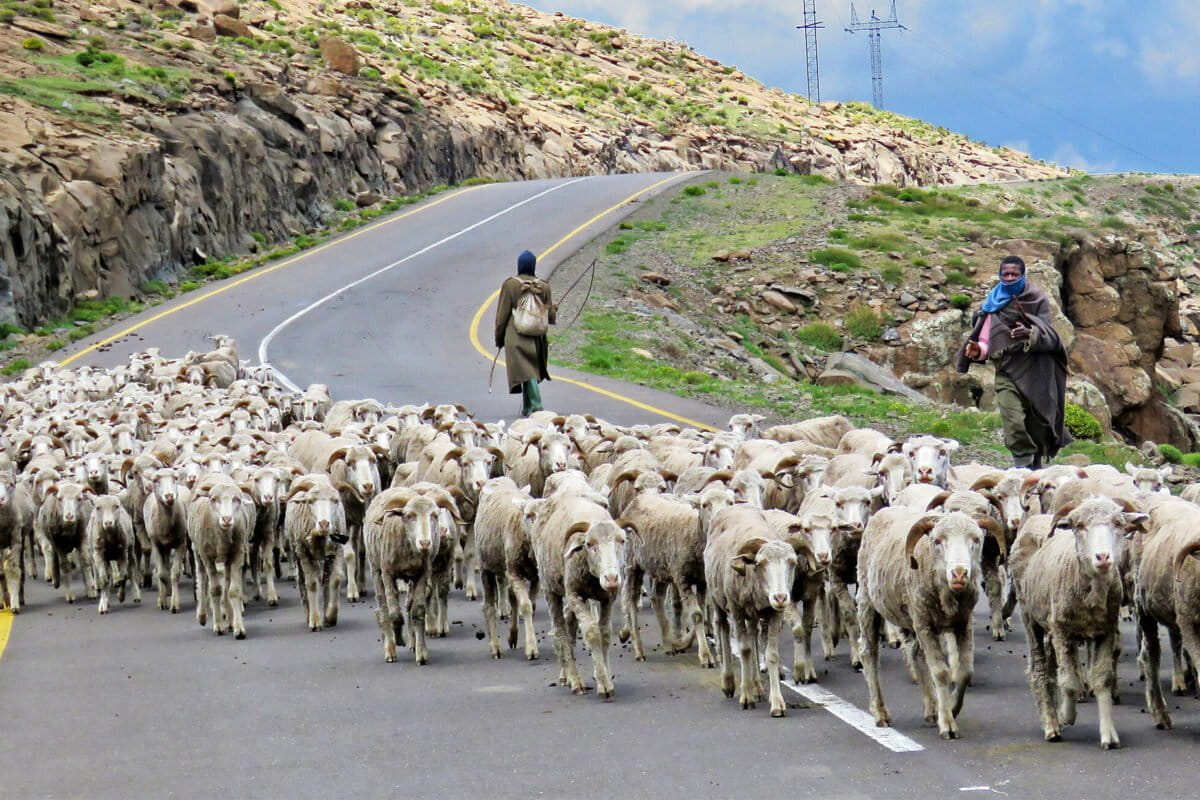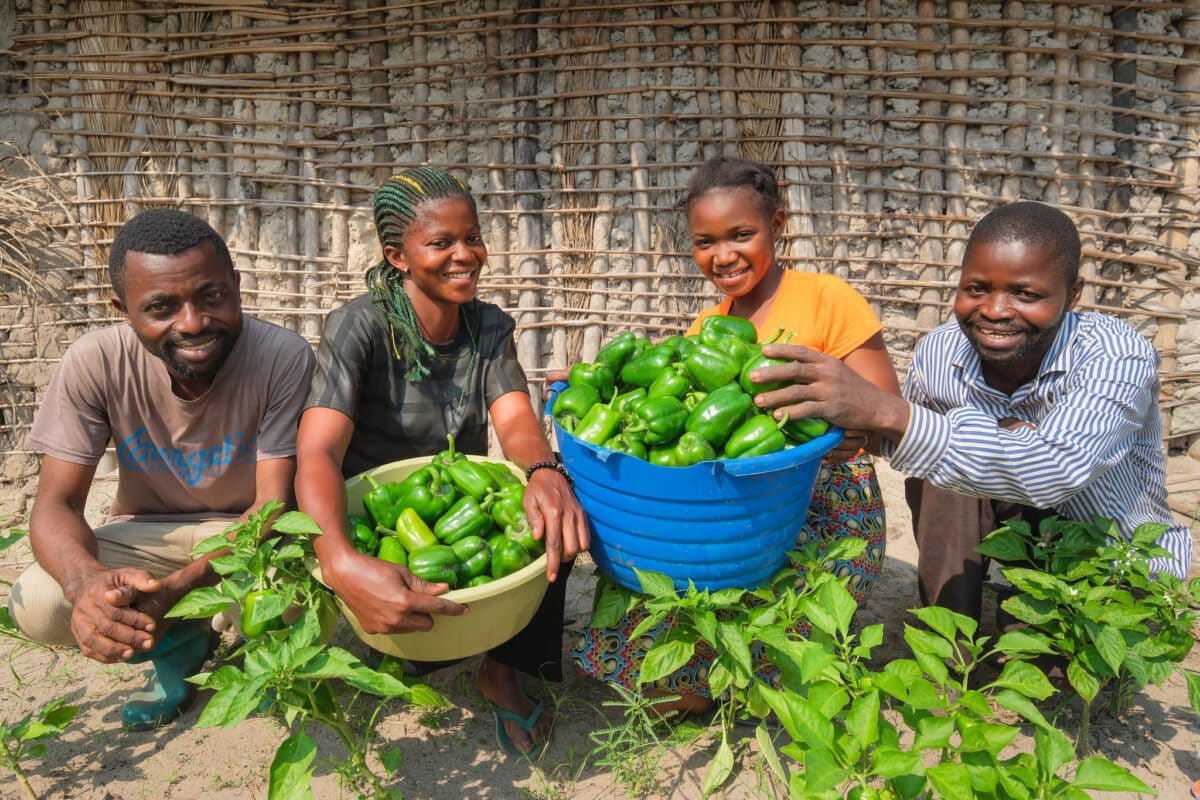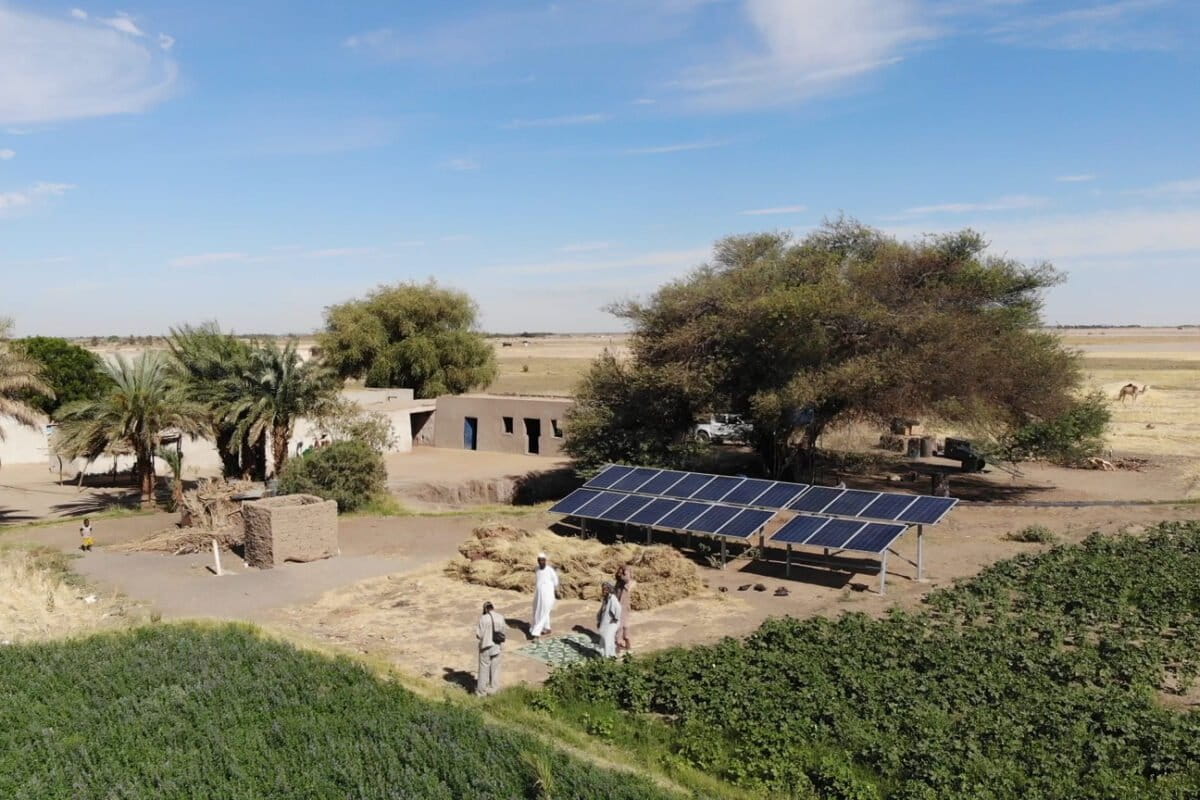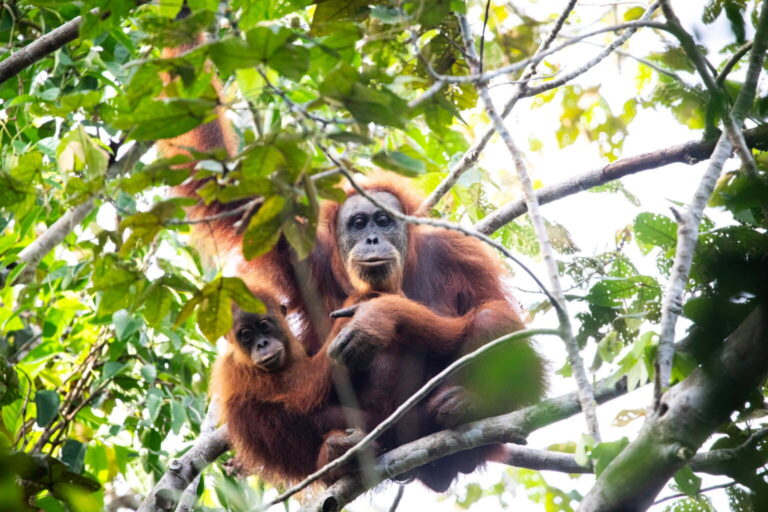- Over 200 Congolese and international NGOs have signed a widely circulated open letter ahead of COP26 calling on the DRC government to crack down on “illegal activities” in protected areas.
- The planned construction of a hydroelectric plant in Upemba National Park to supply electricity to mining companies is feared to pose a threat to the region’s biodiversity.
- In Virunga National Park, the proposed construction of a university is supported by the Tourism Minister and Minister of Education, with questions surrounding their political motives.
- The DRC’s resource-rich lands have often been a magnet to mining companies, to the detriment of its biodiversity and local communities.
More than 200 Congolese and international NGOs have published an open letter calling for a government clampdown on “illegal activities” in protected areas of the Democratic Republic of Congo (DRC).
In the Oct. 18 letter addressed to President Felix Tshisekedi and copied to members of his Cabinet, 191 domestic and 43 foreign civil society organizations (CSOs) condemned the exploitation of national parks and reserves by “selfish interests,” including mining corporations aided and abetted by senior members of government.
In particular, they highlighted controversial plans to build a hydroelectric dam at Upemba National Park in southern Congo, and a university at Virunga Park, in the east, describing them as “directly threatening the security and integrity of the areas,” and of local communities.
The letter was designed to “address some of the serious challenges around nature conservation and the protection of community rights” in DRC, as part of a growing resistance among civil society groups to the encroachment and exploitation of protected areas.
The 234 signatories called on President Tshisekedi to effectively put an end to what they see as the government-sanctioned wholesale destruction of such land, by upholding existing laws, intended to prevent any developments that would pose a threat to the ecosystems within protected jurisdictions.
Contested development projects
In 2019, Congolese company Kipay Investments signed a joint venture with PowerChina for the construction of Sombwe, a 160-megawatt hydropower plant on the Lufira River, which is inside Upemba National Park. In addition to the dam, the $500 million facility includes a reservoir, roadworks, and a solar farm.
The signatories claim Sombwe poses a threat to the park’s biodiversity, a charge which Kipay denies.

“The Sombwe project started, in line with national legislation (ACE) [Congolese Environmental Agency], to do environmental and social impact assessments in 2016 and in 2019 we achieved and obtained an Environmental Certificate,” chief executive Eric Monga said in response to the accusations.
The DRC has long suffered from a chronic energy deficit, with just 9 per cent of the country’s 93 million inhabitants having access to electricity. Sombwe’s proposed location in the copper belt and cobalt-rich Lualaba province is intended to help reduce the current power supply/demand gap among mining companies based in the province and the wider mining region.
In an email to Mongabay, the Kipay CEO added: “Like all infrastructure projects, hydropower installations involve environmental and social trade-offs. The Sombwe project will carefully mitigate the potential impacts in line with national and international standards, and if necessary, do off-sets. Kipay has started to implement our social and environmental management plans to improve the lives of local communities and to protect biodiversity. Kipay believes that helping to lift local communities up from poverty can finally protect biodiversity.”
According to Monga, electrification of Congo should be promoted “in order for our country to be able to help itself out.” To do otherwise is to “refuse development,” he added.

The findings of Sombwe’s EIA were approved by the country’s environmental agency, the Congolese Institute for Nature Conservation (ICCN), under Cosma Wilungula. After almost two decades, Wilungula resigned as director general of ICCN in July, following allegations of fraud and corruption. Olivier Mushiete was appointed as his successor in August.
Building a university in a protected area
Sombwe’s supporters include Tourism Minister Modero Nsimba. Speaking at the first ever Congolese Tourism Week, held in the mining city of Kolwezi earlier this month, Nsimba gave his backing to both Sombwe in Upemba and the proposed university in Virunga.
Referring to plans to build a Higher Technical Institute of Aquaculture, Fisheries and Tourism (ISTAPT) on the grounds of Virunga National Park, a UNESCO World Heritage site, Nsimba said: “We can do anything in the park. All you need is a good environmental impact study.”
Authorization to proceed with the university was issued on August 13, via a decree signed by the Minister of Education Muhindo Nzangi. Included in the plans are 10 auditoriums, two laboratories, and student accommodation featuring 100 rooms, as well as a dedicated fish farm.

According to correspondence sent by Nzangi to regional authorities, the ISTAPT would be built on the northern shores of Lake Edward south of fishing village Kyavinyonge, and use up to 12.8 acres of national park land. However, despite the university’s location, the Minister made no reference to Virunga or the management park authorities in his letter.
In a separate press release, the NGOs described the Education Minister’s decision as “hasty, untimely and populist” insisting it is in direct contravention of state law.
The executive secretary of the Congolese Alert for the Environment and Human Rights (ACEDH), Olivier Ndoole, was cognizant of the potential benefit of such an educational facility to the wider community. However, he argued that the current plans for the university failed to demonstrate this potential.

The plans are “in violation of articles 25 and 21 of the law on the conservation of nature in DRC, which requires that any investment to be introduced — among authorized exceptions in the park — should be the subject of a park management plan. Although it might be a good project, so far there is no indication that this is indeed the case.”
Political interests at question
Ndoole, a lawyer specialized in environmental litigation and land rights, suggested there were ulterior motives behind the planning permission. He told Mongabay: “There are villages which are outside the park that are very densely populated, but when you take a small enclave where there aren’t even any students,” it amounts to little more than a “political decision”.
Ndoole added: “It’s a shame to see that there are people who want to take advantage of their political positions to trample on the laws of the Republic.”
His assertions were backed by Josué Aruna, executive director of Congo Basin Conservation Society (CBCS). According to both Ndoole and Aruna, Nzangi originates from the area in question. “It is a political promise aimed at his electoral base ahead of the 2023 elections,” Aruna told Mongabay.
Even if the university itself did everything possible to mitigate its environmental impact, its very presence would act as a magnet resulting in vast numbers of people congregating in the area “with devastating effect on the local habitat”, Aruna said.
Writing in their open letter on the need to enforce the law in protected areas of the DRC, the 234 signatories said that the projects were also exacerbating the already unstable security situation.
“They are threatened by illegal activities that are contrary to the development and conservation objectives directly set by the Congolese government but also by many international conventions ratified by the latter,” they said.
“The most glaring example lies in the action of certain mining companies, often foreign. These are unfortunately regularly in collusion with members of the administration or the Congolese army, supposed to guarantee the integrity of this territory and deliverance of public services to Congolese citizens. In addition to directly threatening these areas, these activities regularly fuel, more or less indirectly, mafia activities, including the action of armed groups, thus directly threatening the security and integrity of the areas, and again the protection of vulnerable citizens, local communities and indigenous peoples (IPs) living in direct proximity to these protected areas.”

The civil society organizations also used their letter to highlight the global importance of Congo’s unique biodiversity, pointing out that the country is home to 42% of primary forests and a huge number of plant and animal species.
Speaking to Mongabay, John Knox, former UN special rapporteur on human rights and the environment, said: “It is a common problem that after the government excludes indigenous peoples from their ancestral territories, the natural resources in these protected areas are often going to be exploited. This can be by the government, members of government and domestic or foreign business interests in mining, logging and other extractive industries. This makes a mockery of the whole concept of protected areas. It just worsens the entire situation.”
The open letter was widely circulated as world leaders prepared to convene in Glasgow, United Kingdom, for the climate summit, COP26.
Speaking ahead of the summit on Thursday, Prime Minister Jean-Michel Sama Lukonde signalled DRC’s ambitions to position itself on the world stage as a “solutions country” in the fight against climate change.
In a speech outlining the country’s objectives at the summit, the Prime Minister described the DRC as possessing “one of the greatest environmental potentials on the planet” and the “fifth world power in biodiversity.”
But Aruna questioned the accuracy of his claim. He said: “How can the government claim the DRC is a solution to climate change, if it is willing to permit these illegal projects going ahead?”
Banner image: A woman from Tshamaka village walks through a mined area in the village of Tshamaka, Kisangani, DRC. Image courtesy of United Nations Development Programme.
Related listening from Mongabay’s podcast: A conversation with Anuradha Mittal, executive director of the Oakland Institute, and Christian-Geraud Neema Byamungu, a Congolese researcher, about how resource extraction is impacting human rights and the environment in the Democratic Republic of Congo.
FEEDBACK: Use this form to send a message to the author of this post. If you want to post a public comment, you can do that at the bottom of the page.



